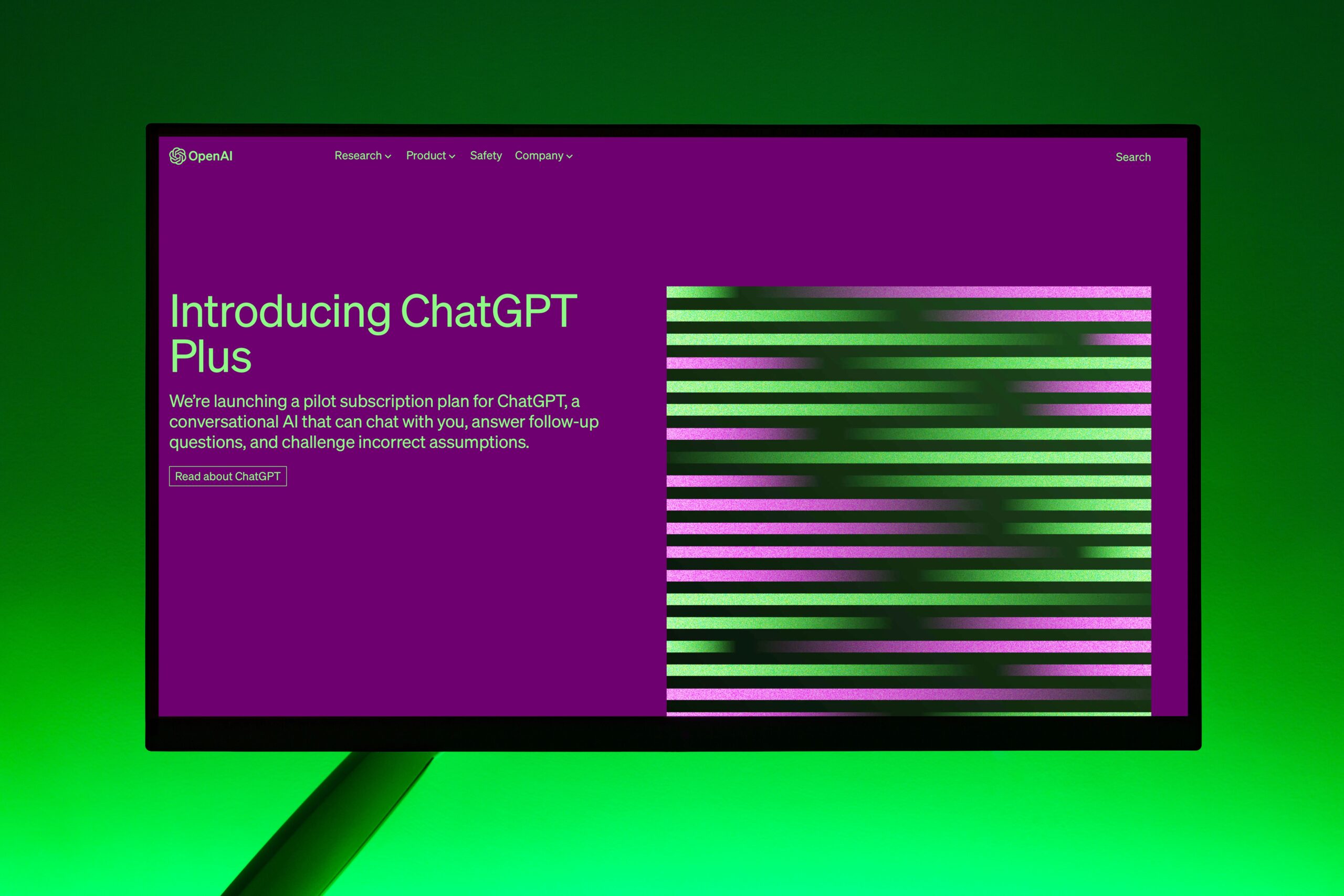The Dark Side of Social Media: Addressing Addiction and Mental Health

In the digital age, social media platforms have become integral to daily life, offering unparalleled opportunities for connection, self-expression, and access to information. Yet, beneath the surface of these seemingly innocuous networks lies a darker reality: addiction and its profound impact on mental health. As social media usage continues to escalate, it is crucial to examine its potential for addiction and the subsequent mental health consequences that may arise.
The Nature of Social Media Addiction
Social media addiction is characterized by an excessive preoccupation with online platforms, leading to detrimental effects on daily functioning and well-being. Unlike traditional forms of addiction, social media addiction is often insidious, creeping into daily routines and eroding productivity and real-world relationships. The platforms’ algorithms are designed to captivate users, exploiting psychological triggers such as instant gratification and social validation. The constant barrage of notifications and updates can create a compulsion to stay connected, making it challenging for individuals to disengage.
Psychological Impact and Mental Health Issues
The ramifications of social media addiction on mental health are significant and multifaceted. Research has consistently linked high levels of social media use with increased rates of anxiety, depression, and loneliness. For instance, studies have shown that the constant comparison to curated and often idealized portrayals of others’ lives can lead to feelings of inadequacy and low self-esteem. Furthermore, the pressure to maintain a polished online persona can be emotionally taxing, contributing to stress and burnout.
One of the most concerning aspects of social media’s impact on mental health is its potential role in exacerbating or triggering conditions such as body dysmorphic disorder and eating disorders. Platforms heavily focused on image and aesthetics can distort perceptions of body image and contribute to unhealthy behaviors. Additionally, the validation-seeking nature of social media can amplify existing mental health issues, creating a vicious cycle of dependency and dissatisfaction.
Addressing the Issue: Strategies and Solutions
Combating social media addiction and its associated mental health challenges requires a multifaceted approach. Awareness and education are crucial first steps. By understanding the potential risks and symptoms of social media addiction, individuals can better recognize when their use becomes problematic.
One effective strategy is to set boundaries and create a structured approach to social media use. This might involve designating specific times for checking platforms, limiting usage to certain hours of the day, or using apps that track and manage screen time. Additionally, fostering real-world connections and engaging in offline activities can provide a healthy counterbalance to online interactions.
For those struggling with more severe addiction or mental health issues, professional help may be necessary. Therapists and counselors specializing in digital addiction can offer tailored strategies and support to address the underlying psychological factors contributing to problematic social media use. Cognitive-behavioral therapy, for instance, can help individuals develop healthier thought patterns and behaviors related to social media.
Promoting a Healthier Digital Culture
Ultimately, addressing the dark side of social media involves a cultural shift towards healthier digital habits and greater responsibility among platform developers. Social media companies have a role to play in designing their products with user well-being in mind, such as implementing features that promote mindful use and reducing the emphasis on addictive algorithms.
Promoting digital literacy and encouraging mindful consumption of social media are also essential steps. By fostering a culture that values authentic interactions and well-being over superficial metrics, society can begin to mitigate the adverse effects of social media and support healthier online habits.
Conclusion
Social media, with all its benefits, carries a darker side that cannot be ignored. As we navigate this digital landscape, it is essential to recognize and address the potential for addiction and its impact on mental health. By implementing strategies for healthier use, seeking professional support when needed, and advocating for responsible digital practices, individuals and society can work towards a more balanced and positive relationship with social media.




